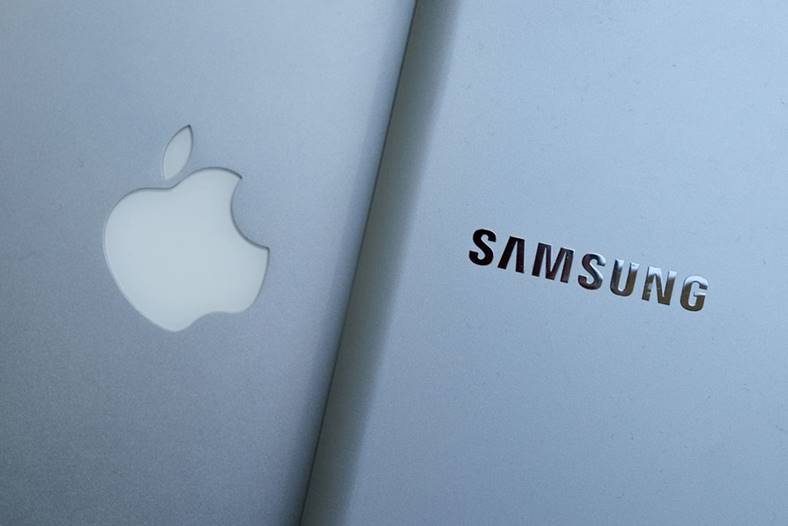Procesul dintre Apple si Samsung, initiat in 2012, ar putea fi rejudecat in parte, daca o instanta americana va decide ca trebuie sa stabileasca din nou suma ce trebuie platita drept despagubiri. Ieri a fost luata decizia ca procesul dintre Apple si Samsung sa fie retrimis la o instanta de rang inferior, aceasta urmand a decide daca va rejudeca partial cazul pentru a stabili din nou daunele.
Procesul initiat in 2012 s-a terminat tot atunci cu un castig al companiei Apple si obligarea Samsung la plata a 1 miliard de dolari sub forma de despagubiri. Desigur ca Samsung a contestat aceasta hotarare, iar dupa 4 ani de dispute legale se pare ca o parte din aceasta problema va fi reluata de la capat, fara un sfarsit in fata.
Decizia de a retrimite procesul la o instanta inferioara vine de la Curtea Suprema de Justitie din SUA, aceasta luand decizia de a acorda castig de cauza companiei Samsung intr-o plangere formulata. Curtea Suprema de Justitie nu a stabilit daca incalcarea celor de la Samsung afecteaza un produs Apple in intregimea sa, sau doar unele parti componente, asa ca acum o instanta inferioara va trebui sa o faca.
Din acest punct, vom vorbi despre un nou proces lung in care avocatii ambelor parti vor trebui sa isi sustina cauzele astfel incat sa obtina victoria pentru compania pe care o reprezinta. Cei de la Apple ar putea pierde mai multi bani decat au pierdut in urma ultimei rejudecari, peste 100 de milioane de dolari disparand din decizia initiala.
“Trial courts are well suited for this type of analysis, so it makes sense that the Federal Circuit — rather than create a procedure from whole-cloth — would like to see how the trial court approaches the problem,” said Case Collard, a partner at law firm Dorsey & Whitney. On remand, the trial court should consider the parties’ arguments in light of the trial record and determine what additional proceedings, if any, are needed,” it said. “If the court determines that a new damages trial is necessary, it will have the opportunity to set forth a test for identifying the relevant article of manufacture for purposes of [Section 289 of the Patent Act of 1952] and to apply that test to this case.”






















